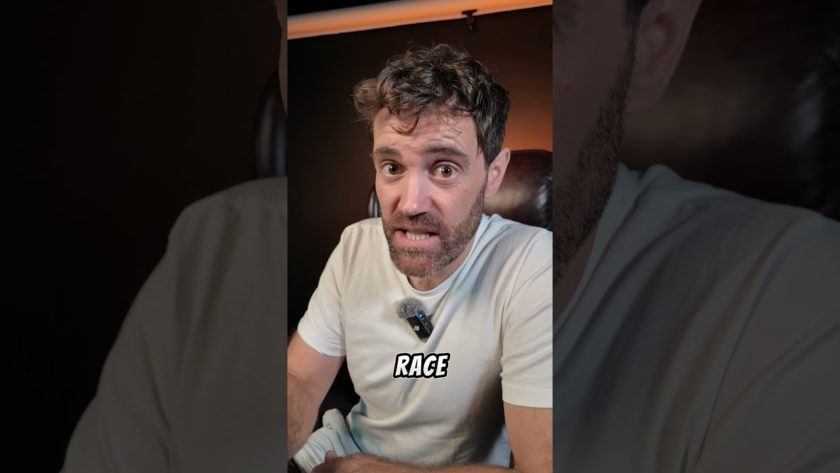Her Majesty’s Land Registry Is Looking at Blockchain for Modernization
October 2, 2018 by Akshay Makadiya
The government of the United Kingdom is exploring more use cases of blockchain technology. That’s upon this week’s announcement that Her Majesty’s Land Registry wants to embrace Corda for evolving the U.K.’s land registration system.
Also see: Is Noble Bank on the Brink of Insolvency and Will Tether Collapse With It?
Subscribe to the Bitsonline YouTube channel for great videos featuring industry insiders & experts
Her Majesty’s Bureaucrats Look to Corda
On Monday, October 1st, HM Land Registry released a note announcing its partnership with Methods — a “digital transformation” provider — to explore the use of blockchain technology in domestic land registrations. The partnership comes under the umbrella of HM Land Registry’s new development project Digital Street, which aims to streamline property dealings in the country.
“Our ambition to become the world’s leading land registry for speed, ease of use and an open approach to data requires HM Land Registry to be at the forefront of global innovation in land registration,” the registry’s chief executive Graham Farrant said.
Currently, the registry has records on over 85 percent of the land in England and Wales. The body is looking into distributed ledger technology and smart contracts to bring higher levels of transparency and efficiency to their operations, specifically by planning to leverage Methods’s deployment of R3’s open-source blockchain, Corda.
The move echoes similar overtures made recently by multiple Indian states. For example, in July 2018 the state government of Uttar Pradesh announced plans to shift its entire land registry and revenue record system onto a distributed ledger.
Blockchain a Solution to Irish Border Issues?
HM Land Registry’s Corda embrace wasn’t the only blockchain news to kick the week off in the U.K.
Speaking at the Tory conference in Birmingham, Chancellor of the Exchequer Philip Hammond caused a stir by saying blockchain tech could foster seamless cross-border trade across the Irish border following the U.K.’s “hard exit,” or Brexit, from the European Union.
“I don’t claim to be an expert on it, but the most obvious technology is blockchain,” said Hammond, citing DLT as a panacea for mitigating Irish trade concerns.
Earlier in March, Hammond announced the launch of “crypto assets task force” that was aimed at safeguarding citizens from the risks involved in the cryptoeconomy while simultaneously harnessing the potential benefits of blockchain.
Can DLT revolutionize the land registration process across the globe? Were Hammond’s blockchain comments absurd? Share your views in the comments section.
Images via Pixabay




